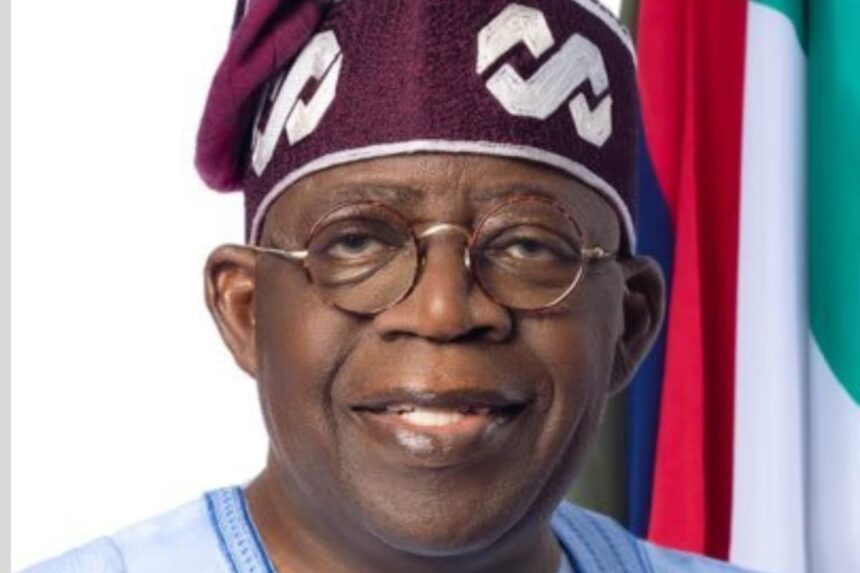In a landmark move to equip young Nigerians with the necessary skills for global competitiveness, President Bola Tinubu on Monday inaugurated the Nigerian Youth Academy (NIYA). The initiative aims to foster leadership, enhance employment opportunities, and promote civic engagement among the youth.
Represented by Vice President Kashim Shettima at the launch, President Tinubu emphasized that NIYA would focus on critical areas such as digital literacy, technical skills, entrepreneurship, and the creative industries. The initiative, he stated, is part of a broader vision to create a workforce capable of thriving in a rapidly evolving global economy.
The president reaffirmed his administration’s commitment to ensuring Nigerian youth have access to financial and technical support. He highlighted key initiatives such as the Youth Investment Fund and the Presidential Initiative for Youth Enterprise Clusters, designed to provide mentorship, funding, and essential resources to young entrepreneurs.
A significant component of this vision is the proposed National Youth Development Bank, which aims to facilitate easier access to capital for young business owners. According to President Tinubu, Nigeria’s median age of 17 years presents both an opportunity and a challenge that requires immediate action.
“The Nigerian Youth Academy is our strategic response to this demographic reality. Over the next two years, this academy will train and empower millions of young Nigerians, equipping them with the skills and opportunities needed to compete globally. This is not just an investment in their future; it is an investment in the future of our nation,” he stated.
Minister of Finance and Coordinating Minister of the Economy, Wale Edun, highlighted that NIYA complements other transformative government programs aimed at tackling youth unemployment. He assured that the finance ministry is committed to supporting the initiative through strategic partnerships to enhance its impact.
Similarly, Minister of Youth Development, Ayodele Olawande, reaffirmed that the academy would serve as a free, inclusive platform for all Nigerian youth. “This initiative represents the president’s determination to help young people build their future, create opportunities, and drive economic growth,” he remarked.
While the initiative has been widely applauded, experts have raised concerns about the viability of entrepreneurship in Nigeria without stable electricity. They argue that no business can truly thrive in an environment where power supply is inconsistent and costs are escalating due to recent tariff adjustments.
Economic analysts suggest that while skill acquisition is crucial, the government must also address fundamental infrastructural deficits, particularly in energy supply, to ensure these programs yield meaningful results. Without reliable electricity, businesses, especially those dependent on technology, may struggle to survive, undermining the academy’s long-term objectives.
A highlight of the inauguration was the presentation of N1 million start-up packs to six youths selected from each geopolitical zone, signifying the government’s commitment to fostering entrepreneurship.
As Nigeria takes this bold step toward empowering its youth, stakeholders urge the administration to adopt a holistic approach that includes infrastructural improvements, access to low-interest business loans, and robust mentorship programs to ensure sustainable development and job creation.
With millions of young Nigerians eager to build a future, the success of NIYA will depend not only on its curriculum but also on a conducive economic environment that allows innovation and entrepreneurship to thrive.

















